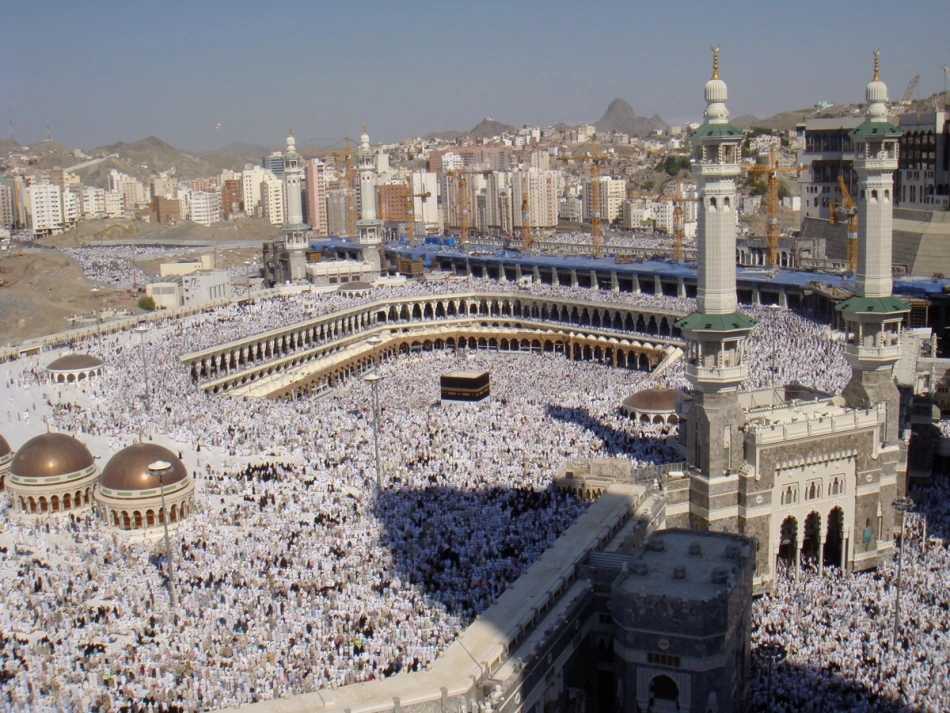
Unveiling the Captivating History of Hajj and the Sacred Sanctuaries: 3-Day Conference 10-12 November
Saudi Arabia is hosting a major conference on the history of Hajj and the Two Holy Mosques from November 10-12 in Jeddah. The King Abdulaziz Foundation is organizing the event alongside the Ministry of Hajj and Umrah, bringing together over 50 historians and researchers to document the kingdom's century-long efforts in serving pilgrims and managing Islam's holiest sites.
The conference aims to showcase Saudi Arabia's historical role in managing the Hajj pilgrimage and document how the holy sites have transformed over time. Organizers want to use modern digital tools to study Hajj history and turn their findings into educational content that highlights how the pilgrimage has evolved across the Islamic world.
Over three days, more than 10 specialized sessions will cover five main topics. These include crowd management innovations, transportation improvements, and healthcare advances for pilgrims. The conference will also explore how digital technology is changing documentation and guidance systems for Hajj.
Historians will discuss what ancient travelers and scholars wrote about the holy sites. They'll examine architectural styles connected to the Two Holy Mosques and look at how Hajj appears in historical manuscripts and maps. Sessions will also cover how the pilgrimage shows up in cultural memory and literature, plus how artificial intelligence is helping preserve historical records.
A companion exhibition called "A Hundred Years of Caring for the Two Holy Mosques" runs alongside the conference. It displays rare original documents, historical photographs, manuscripts, and artifacts that pilgrims once used. The exhibition uses modern display technology and digital media to tell the story.
This fits into Saudi Arabia's Vision 2030 goals for culture and tourism. The kingdom wants to position itself as the global center for Islamic heritage while showcasing its role as guardian of Islam's holiest sites. The conference creates both national and international recognition for Saudi efforts in serving millions of annual pilgrims.
The event happens during the fifth Hajj Conference and Exhibition at Jeddah's Super Dome. This timing connects historical research with current pilgrim services, showing how Saudi Arabia blends tradition with modern management techniques.
For researchers and Islamic scholars, the conference represents a significant effort to preserve Hajj history using contemporary methods. The digital documentation project could become a major resource for understanding how one of the world's largest religious gatherings has evolved over the past century.
Most Viewed News

 Sara Khaled
Sara Khaled






